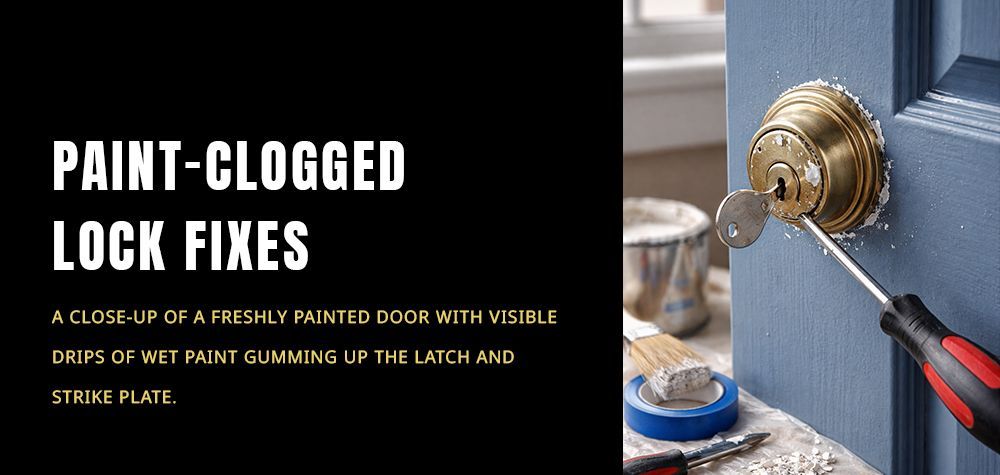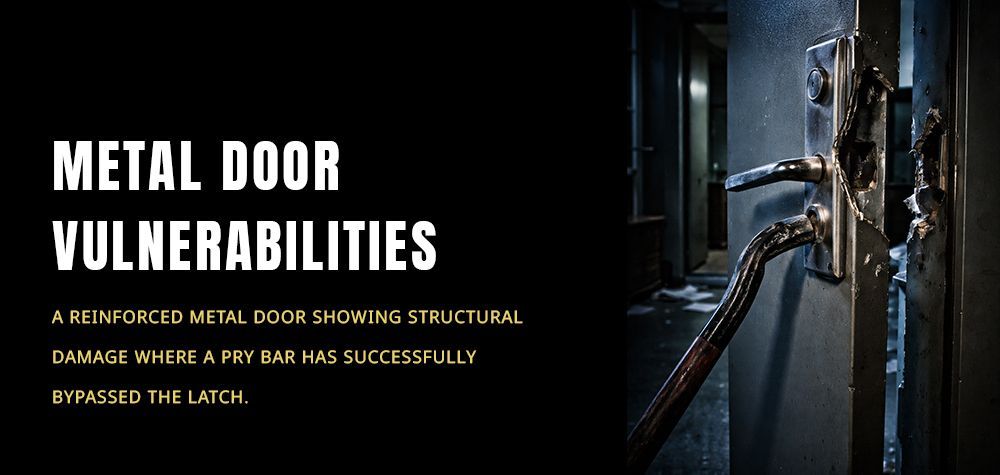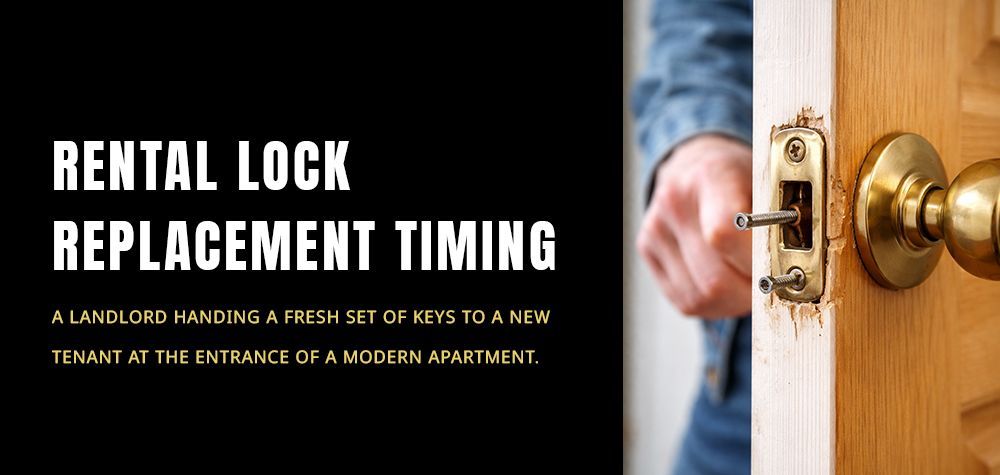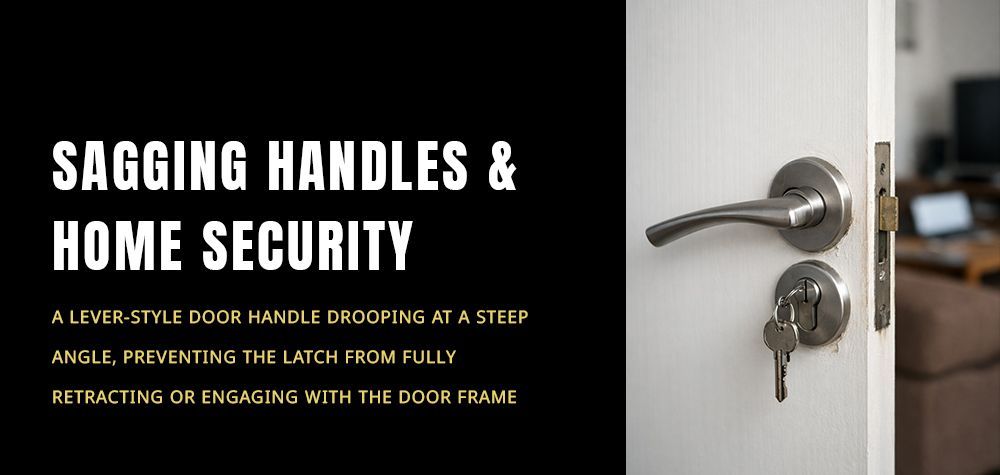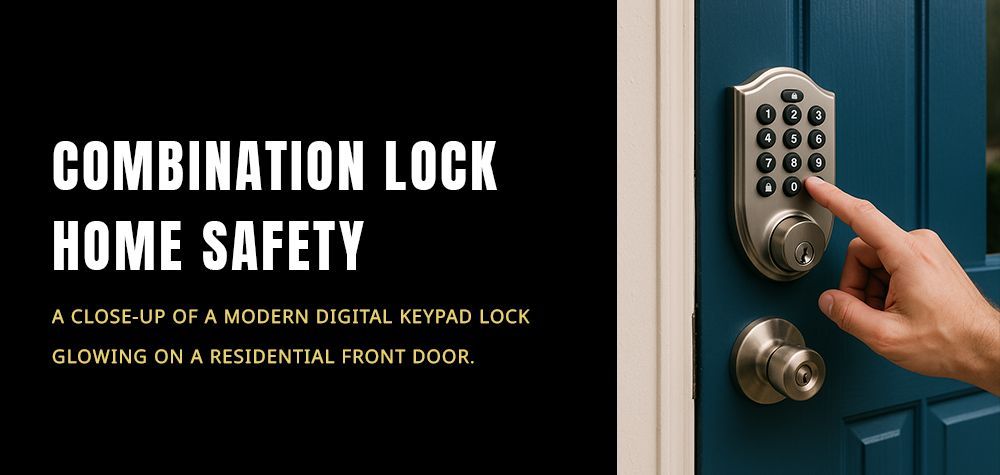Cost Estimation of Rekeying a Lock
Locking yourself out or wanting to simplify your life with a single key for all doors can lead you to the question: How much does it cost to rekey a lock? In this guide, we'll uncover the details of rekeying, explore the costs associated with it, and help you make informed decisions.
The Basics of Rekeying
Rekeying is a cost-effective alternative to lock replacement. Unlike changing the entire lock, rekeying involves adjusting the lock mechanism to work with a new key. It's a quick process, usually taking as little as 15 minutes when handled by a professional locksmith.
Rekeying Residential Locks
For residential properties, rekeying costs can vary. On average, you can expect to pay between $20 and $50 for a single lock, with a total house rekeying ranging up to $130. Emergency locksmith services may incur an additional cost of $100 to $150.
Rekeying Automotive Locks
When it comes to rekeying your vehicle, prices typically range from $75 to $180. The variation depends on the locksmith company and the complexity of your vehicle's locking system.
Rekeying Commercial Locks
For commercial properties, the cost of rekeying can differ based on factors like the type of locks and security systems in place. It's advisable to consult with a professional locksmith to get an accurate estimate for your specific needs.
Rekeying vs. Lock Replacement
Rekeying offers a wallet-friendly solution, focusing solely on labor costs without the need for new lock parts. It maintains the security of your property, and unless your lock is worn out or requires a modern upgrade, rekeying is a practical choice.
Hiring a Professional
While there are DIY rekeying kits available, it's recommended to hire a professional locksmith to avoid potential damage to the lock. Professionals may charge around $20 per barrel for in-shop rekeying or $40 to $60 per lock for on-site services, including a thorough lock inspection.
Cost Factors in Rekeying
Several factors influence the overall cost of rekeying:
1. Type of Lock
The type of lock, whether residential, automotive, or commercial, can affect the rekeying cost. Different locks have varying levels of complexity.
2. Service Type
In-shop rekeying is often more cost-effective than on-site services. Communicating your preference to the locksmith can impact the overall service cost.
3. Emergency Services
Emergency rekeying services may come with an extra charge. Planning ahead and scheduling non-emergency rekeying can help you save on costs.
The Cost Comparison
Is it cheaper to rekey or replace locks? Rekeying provides significant savings, especially if you want to continue using the same set of keys. Prices for lock replacement can range from $50 to $200, making rekeying a budget-friendly alternative.
When to Call a Locksmith
Calling a locksmith is advisable for various situations, such as being locked out or upgrading your home's security. Locksmiths can also provide valuable insights into enhancing your home's safety.
Conclusion
Navigating the intricacies of rekeying costs involves understanding your specific needs and consulting with a professional locksmith. Whether it's for your home, car, or business, rekeying offers a tailored solution that is not just cost-effective but also ensures the security of your property.
Unlock the possibilities—choose rekeying for a seamless and cost-efficient way to keep your spaces secure.
Unravel the mysteries of rekeying with Brother's Locksmith—your trusted partner in locksmith services. Discover the key to security today!
Call Us Any Time!



